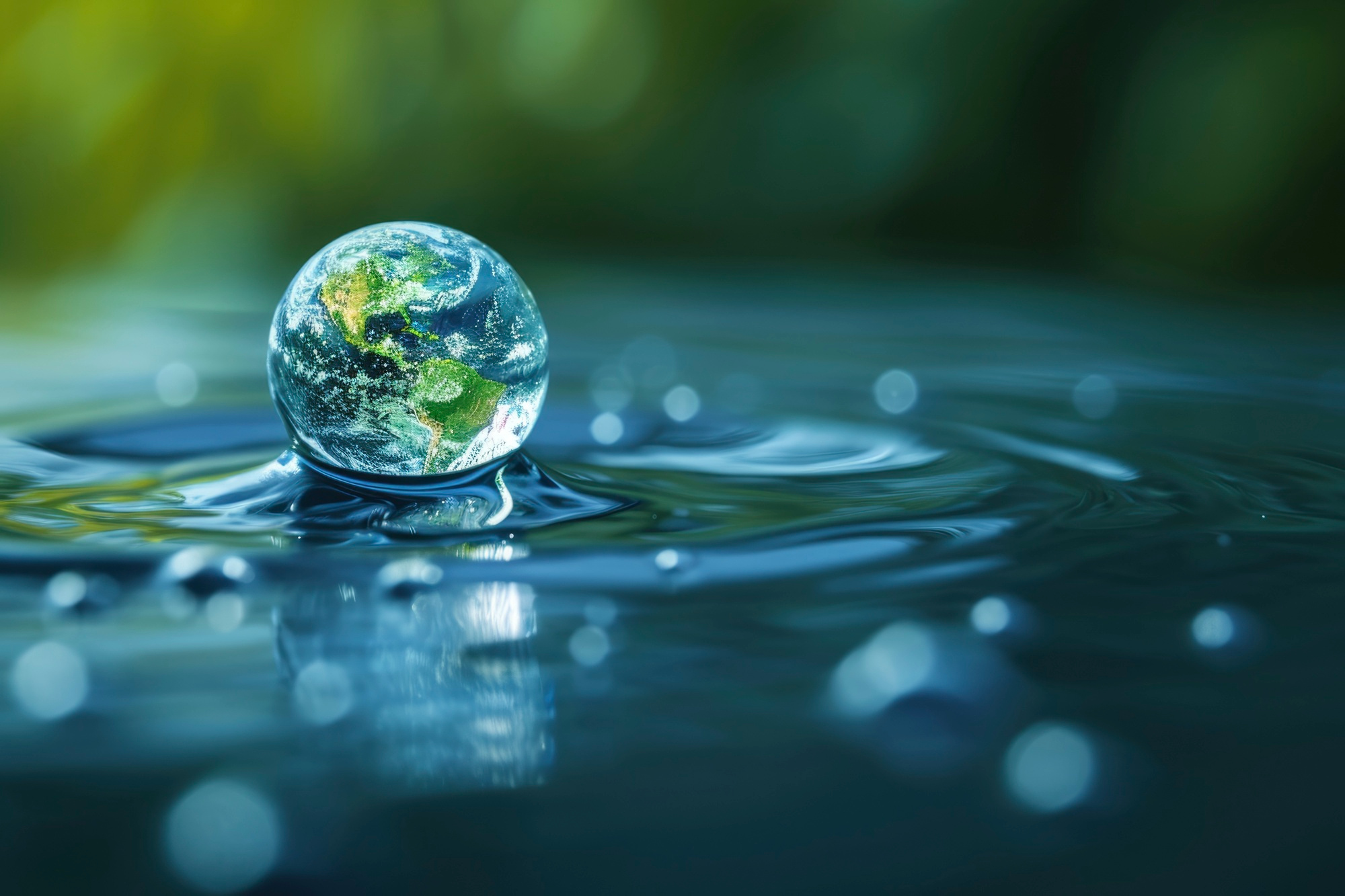Welcome to the official website of Foshan Hanhua Filter Co., Ltd!
+8618038878380
Details
Water is the source of life and we often take it for granted. Every morning, we turn on the tap to wash, make coffee, have a hot shower, or even water the plants on our balcony. Water is always available. But have you ever thought about what the world would be like if there was no more water?
1. The Global Water Crisis: A reality that is closer than we think.
You might think that water scarcity is a problem that will only affect people in the distant future, but the reality is that it is already quietly affecting the lives of hundreds of millions of people worldwide.
The United Nations says that two billion people do not have access to clean water.
At least one month of the year, 4 billion people do not have enough water.
By 2040, 33 countries around the world will be facing severe water shortages, according to the World Resources Institute.
In India, farmers are going bankrupt because there is not enough water for farming. In São Paulo, Brazil, there is not enough water in the reservoirs, so the city has to restrict how much water people can use. In Africa, women and children walk for hours every day to get water. But many of us still leave the tap running while we are brushing our teeth, which means we are wasting water.
2. How Do We Waste Water?
We often don't think about water wastage in our day-to-day lives, for example:
Don't spend too long in the shower (10 minutes is enough). This uses around 80 litres of water.
If you leave the taps running, you're wasting water. About 17 drops of water are wasted every minute, which adds up to thousands of litres every year.
People in California use a lot of water for their lawns. In fact, 70% of the water used in homes is for watering the lawn.
Producing 1 kilogram of beef uses 15,000 litres of water!
These habits might seem small, but when added together around the world, they add up to huge numbers.
3. What can we do? Begin with minor alterations.
The good news is that everyone can help to solve the water crisis.
4. What will the future look like? What happens in the future depends on what we do today.
If we keep wasting water, things might get worse in the future.
There will be more droughts and food crises.
There are already conflicts in the Middle East and Africa that have to do with water.
The natural environment is collapsing. This is happening because wetlands are disappearing and species are dying out.
But if we start making changes now, we can:
Try to use water more efficiently (for example, by using drip irrigation technology, like the one used in Israel).
Develop technology to make water that is not salty (for example, the 'New Water' technology used in Singapore).
Make sure that water is shared out more fairly.
The final point to note is: Every drop of water is valuable.
Water is vital for life as we know it, but we need to be careful not to waste it. Next time you turn on the tap, think about this: For some people in the world, this single drop of water may be their only hope for survival.
We need to save water because it is good for us and all other living things on Earth.
Keywords:
Prev
Prev









